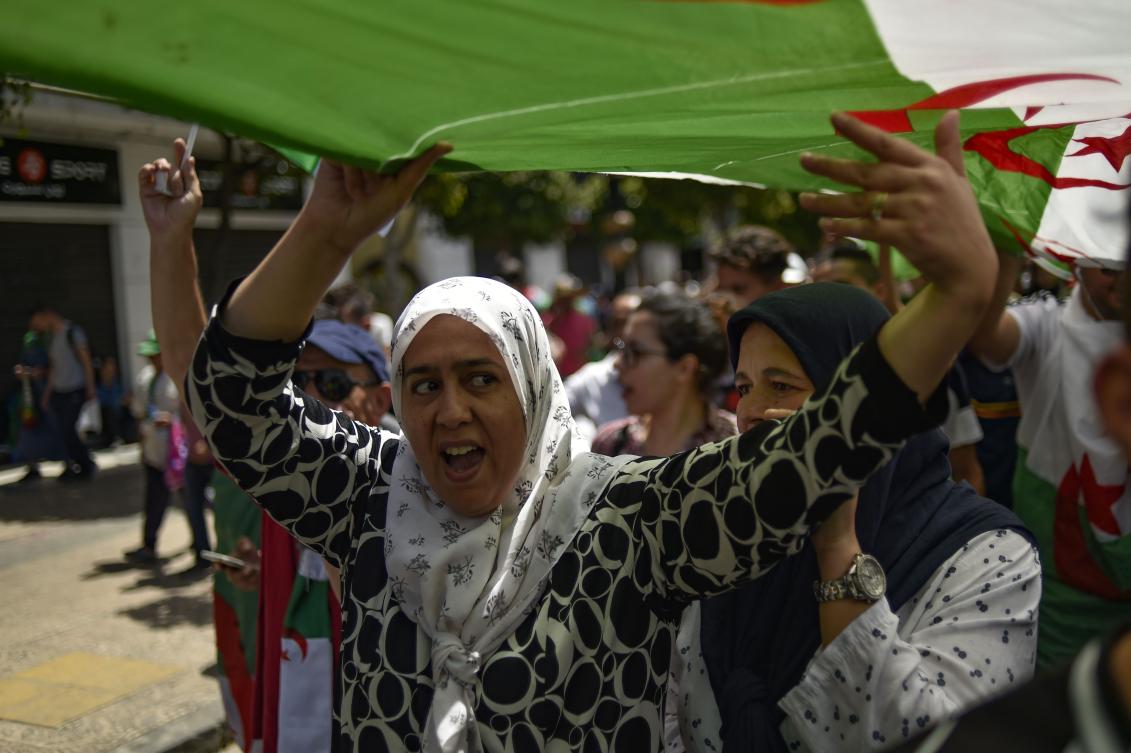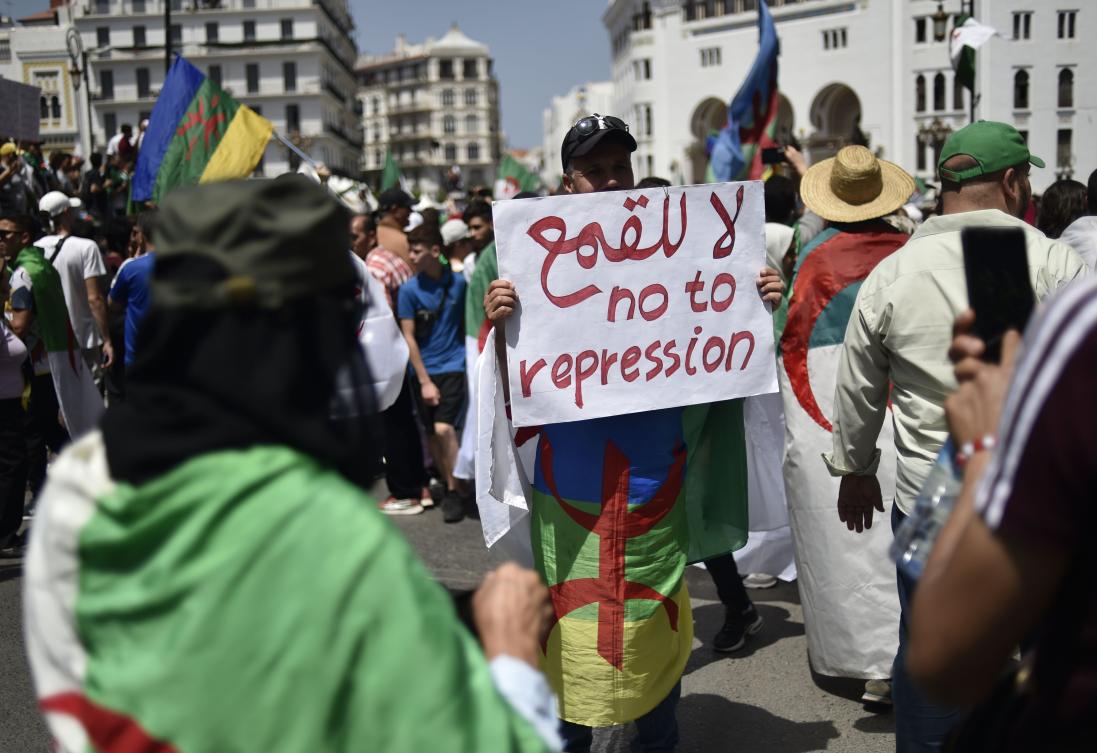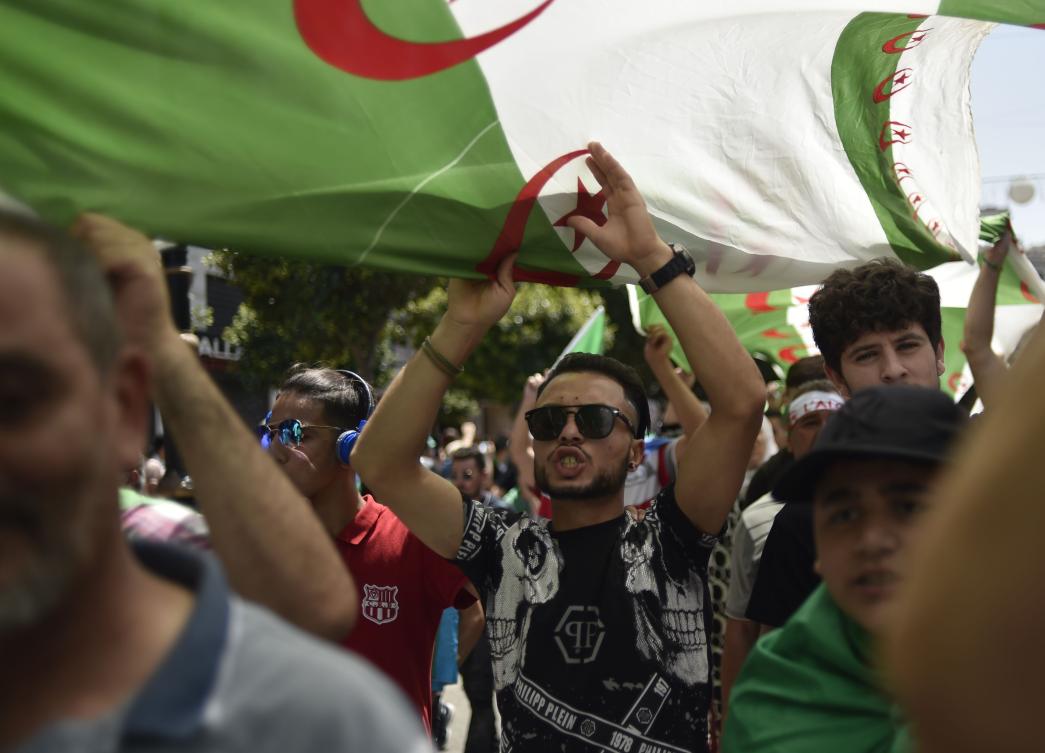US calls for ‘independent and credible’ investigation into violence against protesters in Sudan
LONDON: An “independent and credible” investigation into acts of violence committed by authorities against protesters in Sudan is essential for political progress to be made in the country, according to Assistant Secretary of State for African Affairs Tibor Nagy.
Speaking to the media from Addis Ababa on Friday, Nagy also reaffirmed the US position in Sudan — namely a civilian-led government which is acceptable to the Sudanese people.
Thousands of protesters who were demonstrating outside the army headquarters in central Khartoum for several weeks were dispersed, in violent clashes, on June 3.
“The US believes very strongly there has to be an investigation which is independent and credible which will hold accountable those committing the egregious events,” Nagy said.
At least 120 people were killed and hundreds more were wounded in the clashes, and Nagy said the crackdown by the country’s military had crushed all hope of a transition to civilian government which had existed before June 3.
“The events of June 3rd constituted, in our point of view, a 180-degree turn in the way events were going, with murder, rape, by members of the security forces.
“Until June 3rd, everybody was so optimistic. Events were moving forward in such a favorable direction after 35 years of tragedy for Sudan,” he added.
Nagy and Donald Booth, who was appointed as Special Envoy for Sudan last week, visited Khartoum on earlier this week and spoke to Transitional Military Council chairman Gen. Abdel Fattah Al-Burhan, leaders of the opposition as well as victims of the violence — including a US citizen who had been shot.
While in Khartoum, Nagy met opposition groups and civil society as well as military council head Lieutenant General Abdel Fattah Al-Burhan.
The conversation with Burhan “was about as frank and direct as possible … it was quite an exchange of views and obviously we did not agree on some of the key points,” Nagy said.
“Why mediation, why not direction negotiation between the parties? The two parties absolutely do not trust each other in any way,” Nagy said.
Sudan’s ruling military has acknowledged that security forces committed violations when they moved in to disperse a protest sit-in camp outside the military headquarters in Khartoum last week.
The spokesman of the ruling military council, General Shams Eddin Kabashi, said an investigation is underway and several military officers are already in custody over the violations.
He didn’t elaborate on the violations beyond saying they were “painful and outrageous.” He also rejected all calls for an international investigation into the incident.
In addition, earlier on Friday, Sudanese opposition leader Sadiq Al-Mahdi called for an “objective” international investigation.
Mahdi’s elected government was toppled in 1989, in a coup led by former president Omar Al-Bashir.
After thirty years of rule, Al-Bashir was ousted in April following mass protests.
Al-Bashir was replaced by a military council, but protesters carried on with a sit-in outside Khartoum military headquarters to demand a transition to civilian rule.

Sudan military acknowledges violations in sit-in dispersalSudan’s state prosecutors charge former president Omar Al-Bashir with corruption







